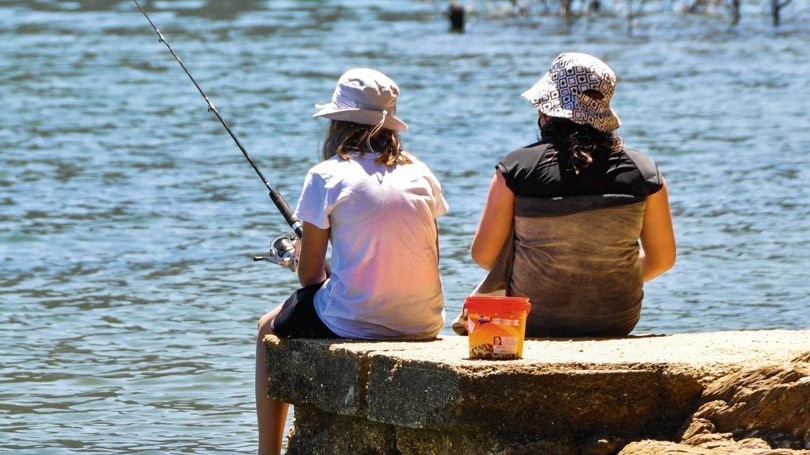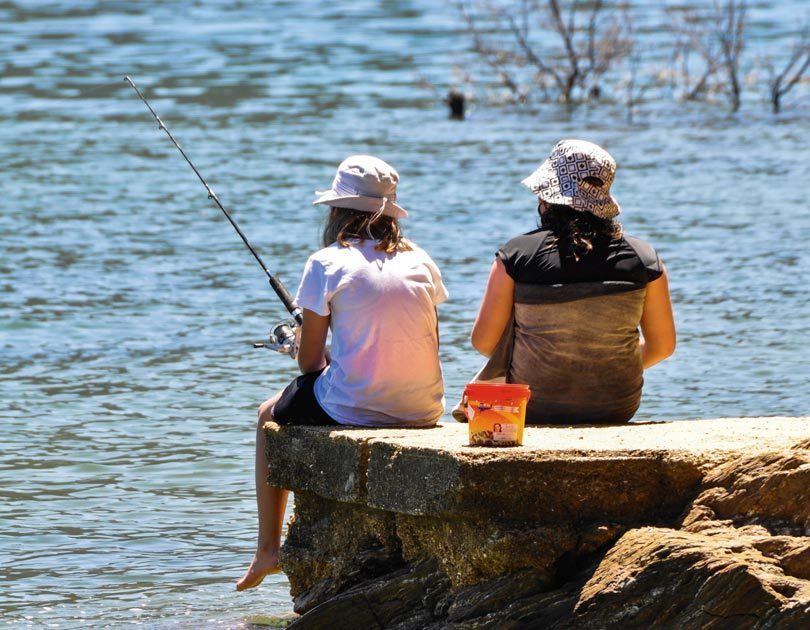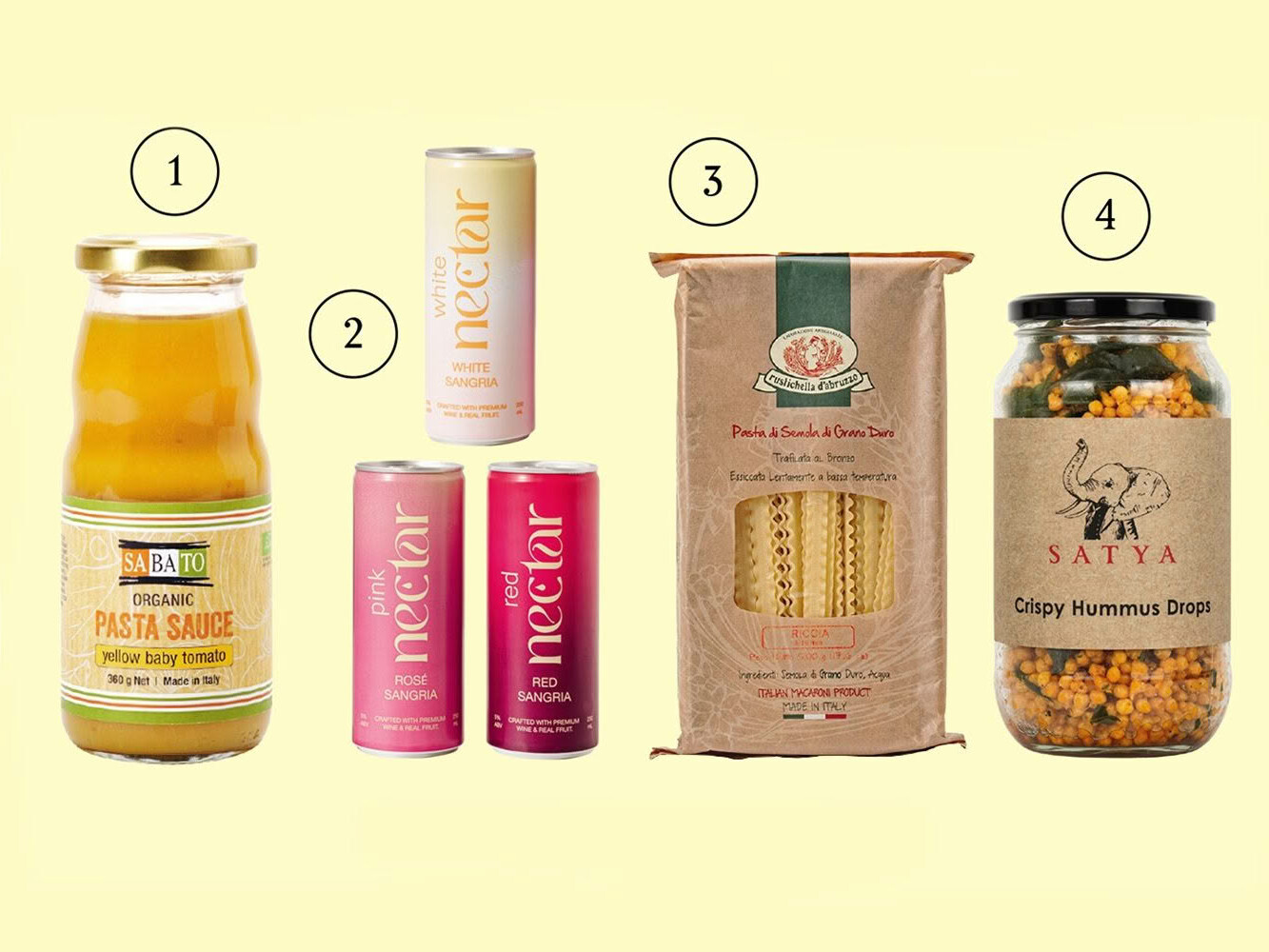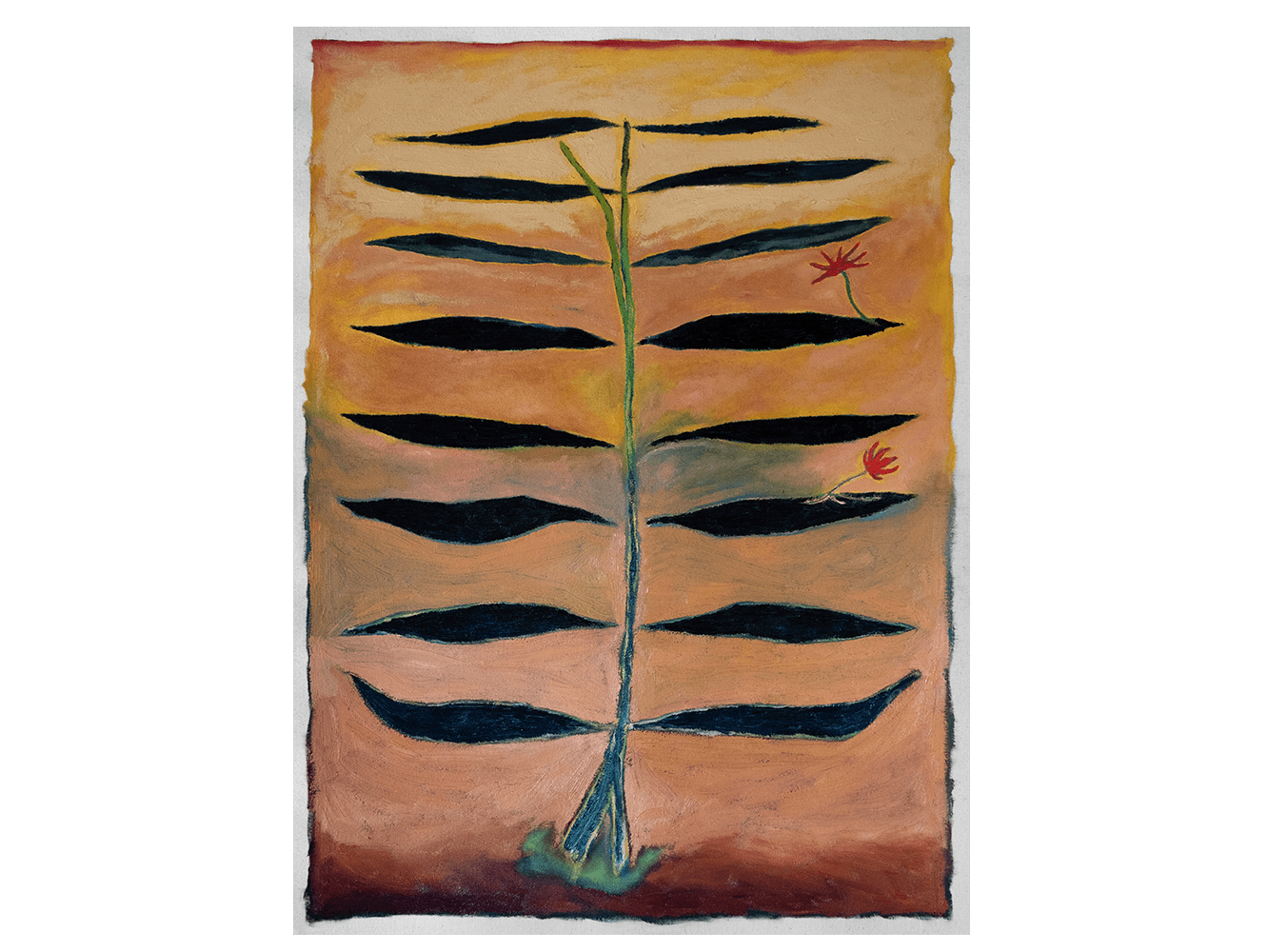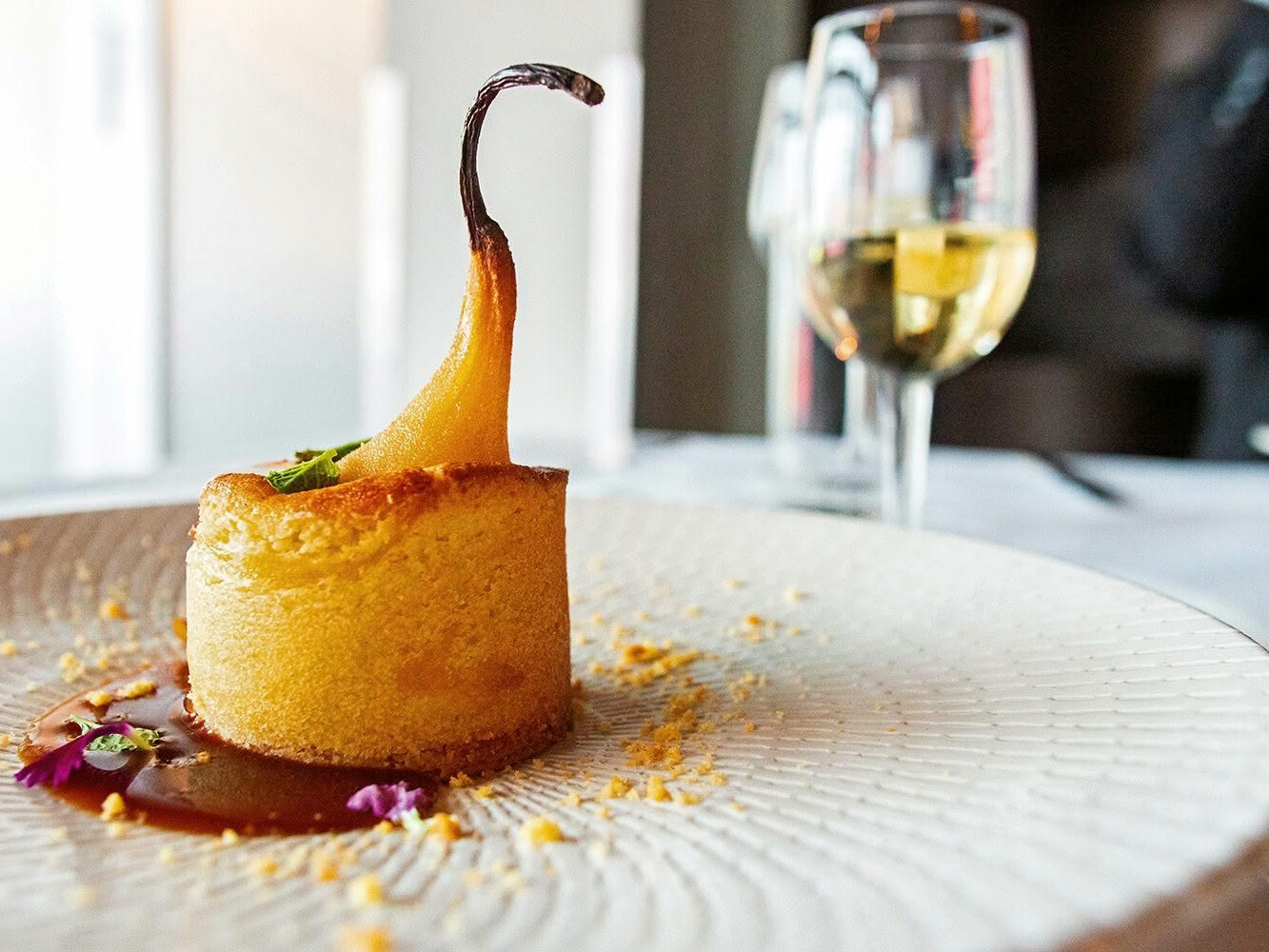KELLI BRETT ponders a deep ocean crisis.
As I write, the Telegraph in the UK has published the findings of a study conducted by an international group of ecologists and economists, saying that if our rate of over-fishing continues, the world’s currently fished seafood will have reached what is defined as collapse by 2048. I hasten to add this is a projection, it’s not a prediction.
For the Eat New Zealand Hui held in Christchurch in October, I was asked to drive a panel of chefs and artisanal fish harvesters, and help articulate their vision to have ‘more fish in the water for future generations’. What unfolded on the day was an emotional, and at times disturbing, focus on the words of four passionate fishers who are trying to do things differently. Here is just a taste…
Gravity Fishing’s Nate Smith is a third- generation harvester from the wild, pristine waters near 46°S. “According to the rules for a commercial fisherman, in order for me to get you guys a nice piece of blue cod fillet, to get 1 tonne I have to have to go out and catch 2.6 tonnes. That’s 1,600 kilos of waste that goes back into the ocean.” Nate says distributing whole fish is definitely the way forward and has turned his entire operation around to improve his supply to the domestic market.
Scott McNeil runs a small commercial fishing vessel from the Kapiti coast, and a restaurant supply business called Awatoru Wildfood. His vision for the future of fish supply is a new management system that allows independent operators access to only the fish that are abundant in the areas that they work in. “Give us the ability to sell that fish to whoever we choose and not just quota owners who are setting all of the rules. The key is a shorter chain of supply and taking direct responsibility for our patch.”
Karl Warr runs Better Fishing in Napier. Better Fishing began as a lifeline to an insolvent inshore fishing operation that was based on volume. “In my best year I caught 106 tonnes of fish and I didn’t make minimum wage. It wasn’t working for me financially or morally, as I was forced to watch the death of small fish and by-catch species.” Karl has been working on a better way to catch fish but, as yet, has received no funding support from government. He now has a small private-customer base and connects his customers directly to his fishing process. With this new model he earns more by catching less, and without charging more than the standard retail price.
Scott Macindoe has served LegaSea and the New Zealand Sport Fishing Council tirelessly and says that fisheries management and marine protection are abstract and complex concepts that are disempowering because they are so huge. “Sadly, in the last 60 years, I have witnessed one species after another being hammered into depletion through excessive, disrespectful and indiscriminate fishing practices. I feel a deep sense of shame and embarrassment to have been part of such a wasteful and indifferent generation.” Scott challenged all of us for watching, and in many cases participating in, the morbid and rather gruesome task of hunting down the last remnants of a vitally important ecosystem.
If you are thinking that farmed fish will save the day entirely as wild stocks decline, there are warnings that fish farming will struggle to maintain present levels of production, because the small wild fish that are fed to farmed species are also being over-fished. It concerned me when presenting this panel, that there was no right of reply offered to commercial industry experts. After the panel, a few spoke to me (off the record) about perceived inconsistencies from the panel speakers, but no-one was willing to respond officially for this article. It seems that jobs are on the line…
Perhaps it’s time for everyone taking fish, commercially and recreationally, to back off and take a break?
And so I am back where I started, trying to understand the many layers of the incredibly complicated New Zealand fishing industry and one of New Zealand’s most popular recreational activities. Perhaps it’s time for everyone taking fish, commercially and recreationally, to back off and take a break? Yet we all know that’s probably not going to happen. What does this mean for magazines such as Cuisine and our responsibility in this complex equation? Perhaps seafood recipes need to become ‘for special occasions only’? We will definitely be taking a closer look at what species are declining in particular areas. It is no longer one size fits all.
If we don’t act soon, scientists say it is clear that fish will be off the menu permanently within our lifetimes. If I ever end up with grandchildren, I’d like them to know about fish and chips.
SEE MORE FROM CUISINE
Design File / Jessica Crowe / stylist, painter / Whangamatā
Though you may not know Jessica Crowe’s name, if you are a regular…
Traffic July / August 2025
Josh and Helen Emett continue the elegance and success of Gilt, with…

